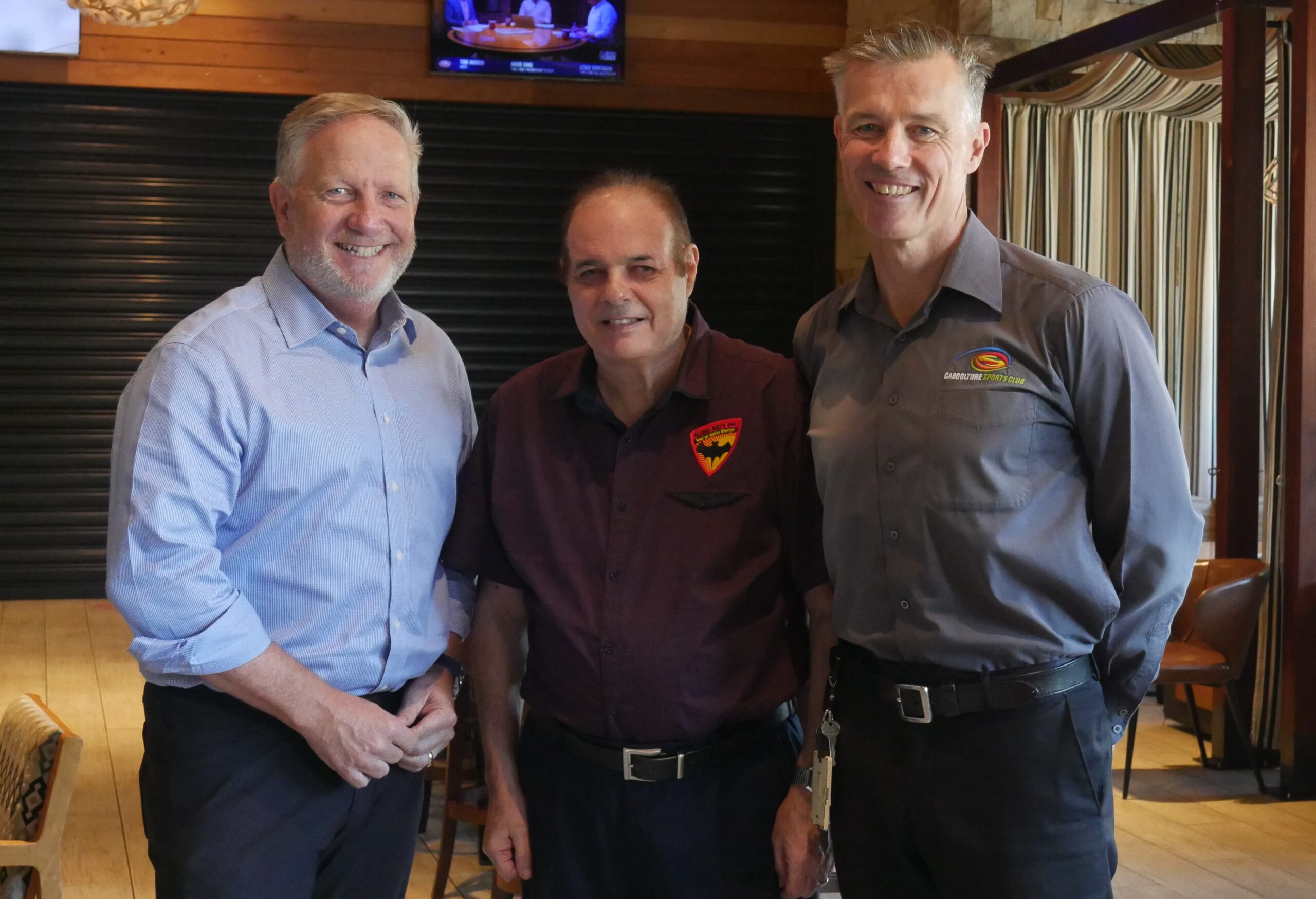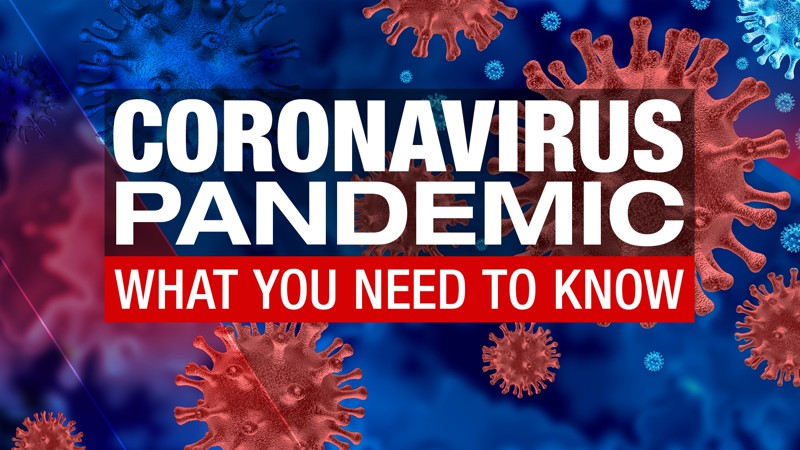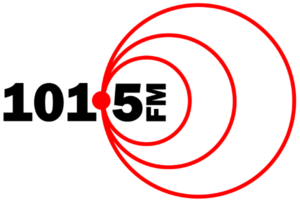Be breast aware – it could save your life
Cancer Council Queensland CEO Ms Chris McMillan reminds Queenslanders about the importance of early detection when it comes to the most common cancer diagnosed in Queensland women.
One in eight Queensland women will be diagnosed with breast cancer and one in 41 women will die from the disease.
When is the last time you checked your breasts?
Before you had children? Last month? Yesterday? For some of us, we can’t even recall the last time we took a few minutes to conduct a personal check for any changes. Yet, a simple breast check could save your life.
October marks Breast Cancer Awareness Month and early detection remains one of the most important factors in improving survival rates for breast cancer.
More than 3,300 Queenslanders are diagnosed with breast cancer each year in Queensland – of those diagnosed 3,321 are female – and around 550 die from the disease.
Breast cancer remains the most common cancer diagnosed in Queensland women.
It sounds simple and common sense, but not enough women are doing it– get to know your breasts, and if you notice any changes, make an appointment with your GP straight away.
The Queensland Government’s latest figures show that in 2015-2016, 56% of women aged 50-74 years participated in the BreastScreen Queensland program.
So, to the women of Queensland, we urge you to do all you can check you are up to date with your recommended screenings.
Women should consult their GP if they notice a persistent lump, lumpiness or thickening of their breast, changes to the nipple or discharge, any change to the shape, feel, size or colour of the breast, dimpling, puckering, or any unusual breast pain.
Our hope is that all women get to know their breasts better, become breast aware and participate in recommended screening.
Your personal health is too important to ignore. For more information or advice about breast awareness and screening, please visit cancerqld.org.au or call our Cancer Council Information and Support line on 13 11 20.
Breast cancer: what to do at different ages:
Age 25 to 40
Get to know your breasts and find what ‘your’ normal is when it comes to look and feel.
Don’t hesitate to seek health advice if you notice any changes. If there is a history of cancer in your family, talk to your doctor.
Age 40 to 49
Talk to your doctor about your family history and establish if a mammogram is right for you. If you are aged between 40 to 49 you are eligible for free breast screening. You also need to know what is normal when it comes to look and feel, and don’t hesitate to seek health advice if you notice any changes.
Age 50 to 74
You should be having a mammogram every two years. Call Breast Screen on 13 20 50 to book a free mammogram. Get to know your breasts and what is normal when it comes to the look and feel be sure to seek health advice if you notice any changes.
Age 75 or over
Talk to your doctor to ask if you should continue to have mammograms.
At all ages – prevention
Some risk factors for breast cancer are not easy to change, like being female, family history and your age, but there are some things you can do that may help reduce your risk of breast cancer.
Cancer Council Queensland recommends that to reduce your overall cancer risk you quit smoking, maintain a healthy body weight, eat a healthy diet, be physically active, stay SunSmart, limit alcohol, participate in cancer screening programs (if eligible) and report unusual changes to your doctor immediately.
From: Cancer Council Queensland





